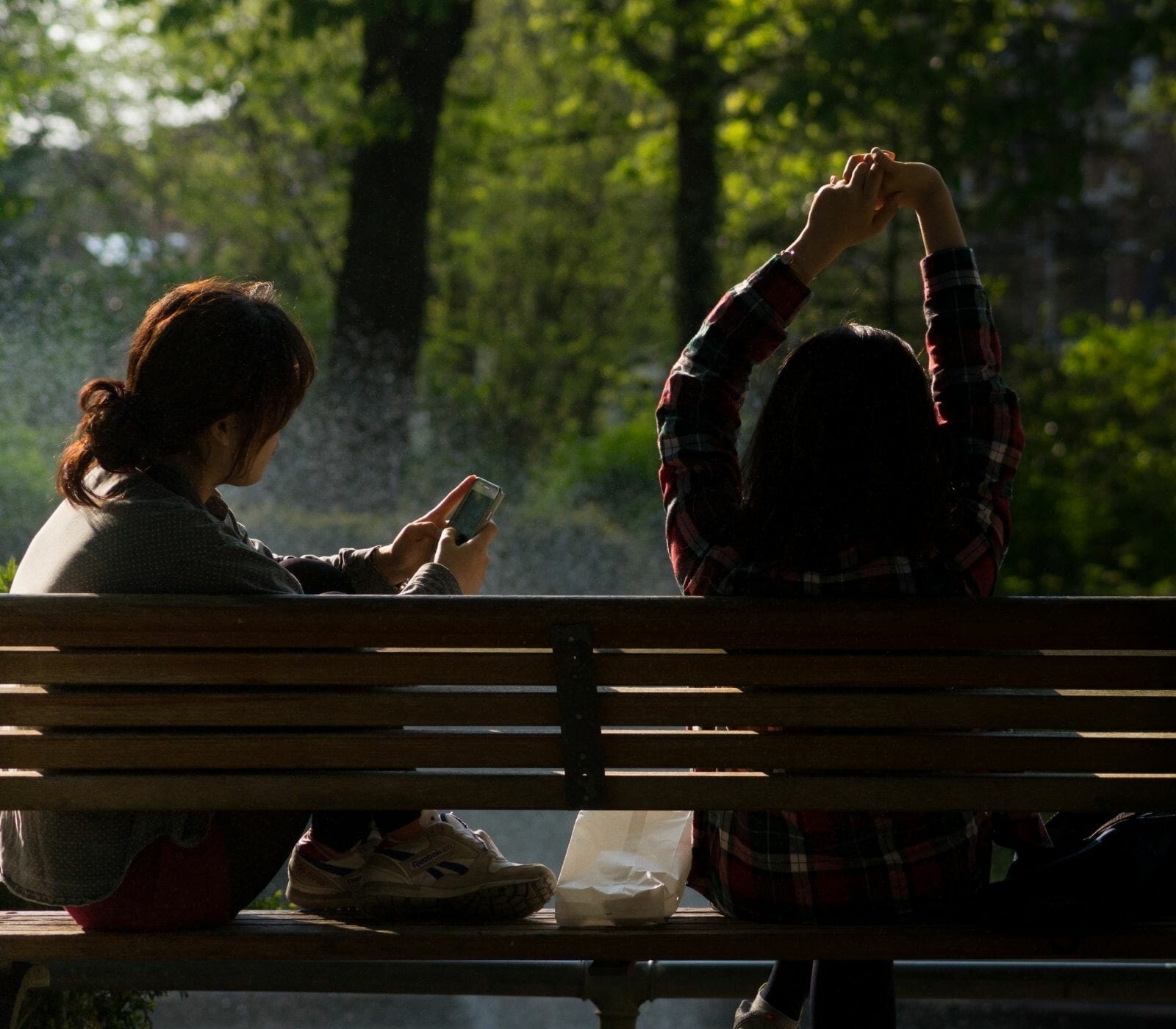How to Start Safely Socializing Again

Socializing is a skill that we develop over time. But it’s a skill that we can lose if we aren’t practicing it. It is time to flex it again.
How Introverts and Extroverts Can Start Safely Socializing Again
Socializing is a Skill
With the mass distribution of vaccines against COVID, the world is slowly re-opening. Unfortunately, many of us have spent the last sixteen months relatively isolated. Those who live in a family unit have only been in contact with the same few people all this time. Those who live alone have had minimal contact with anyone.
Socializing is a skill that we develop over time. But it’s a skill that we can lose if we aren’t practicing it. After all this time, with hardly any in-person socializing, our social skills could be pretty rusty. So how do we get back to enjoying a healthy social life after being out of practice for so long?
Before I answer this question, I want to talk about the different reactions of introverts compared to extroverts to many months of forced isolation.
Introverts vs. extroverts
I have a few patients who are extreme introverts or very socially awkward. For these individuals, all the time alone has felt like something of a relief because they didn’t have to struggle with trying to navigate the ins and outs of social interactions.
Unfortunately, these people need all the practice they can get in developing and maintaining healthy relationships. All this time on their own has set them back considerably, and they’re likely to find themselves that much more awkward and uncomfortable in their upcoming in-person interactions.
They could be tempted to withdraw even further, avoiding the stress of having to start building their skills all over again. But this is not a healthy choice—even the socially awkward need for human contact and intimacy.
Introverts need to push themselves to get back out there
For them, it’s going to take a lot of self-discipline to push themselves out of the comfortable shell they’ve crawled into and to start trying to connect with others. So, I’m starting to have talks with these patients, helping them to navigate their re-entry into the world of in-person socialization more comfortably.
For many extroverts, the isolation has been unbearable. For example, someone I know is a highly social thirty-something who lives alone in a small studio apartment. She has suffered terribly from the COVID restrictions, and now she’s very excited about getting back to her previously active social life.
For people like this, the temptation could be to overdo it – to stay out too late, drink too much, and in general, neglect their self-care. But going from zero to one hundred so quickly can be a shock to the system. Also, extroverts can get out of practice as much as introverts do.
Everyone who socializes has a repository of social knowledge and social self-care techniques. Unfortunately, these skills might have been forgotten or buried deep over the past sixteen months. That could lead to some poor social choices and some potentially distressing consequences.
Socializing: Extroverts need to pace themselves
Extroverts should take things slowly and somewhat cautiously. As much as they’re dying to get out there and connect with others, they need to give themselves some time to remember and rebuild their social self-care skills to socialize safely – on both a physical and emotional level.
I see a lot in people who have been isolated for a long time because of the tendency to be overly intense when a social opportunity arises. They’re so desperate to commune with someone else that they might over-share and reveal things that they later regret having said.
Or they might become too close, too soon, before they know the other person and before they know if they can trust them. They might be developing close bonds with the wrong people in their rush to connect, and this could result in hurting them.
Some people could be jumping into sexual or romantic relationships in their desperation to have some loving contact. But, again, it’s advisable to take your time and get to know the other person. Maybe they’re a decent human being, but perhaps they’re a predator who is capitalizing on everyone’s sudden desperation to connect and who is ready to exploit, abuse and gas-light you.
Our social muscles get flabby like our biceps and deltoids
The gyms have been closed for many months. If you used to be a regular but haven’t been working out lately, you’re going to be out of shape, and your muscles will be stiff and floppy. You’re going to have to get back into the gym and gradually, carefully build up your strength and your flexibility. If you push it too hard or too fast, you’re probably going to get injured.
The same applies to your social skills. Again, you’re going to have to rebuild these abilities slowly. If you jump in too quickly or too deeply, you’re likely to get hurt emotionally and physically.
All the social restrictions and isolation brought on by the pandemic have wreaked havoc on our social lives. Many of us don’t even realize how hard it has been on our health.
Isolation is bad for our physical and emotional well-being
Isolation can cause an increase in anxiety, depression, and addiction. As we use food, substances, or other behaviors to self-soothe or distract ourselves from our painful loneliness. It depresses our immune system and leaves us more susceptible to inflammatory conditions and chronic illness. Studies have shown that socially isolated people live shorter lives than those with a solid social support system. We all need to be with one another – we have to get back to it in the right way.
As I said above, the two main reactions to the many months of isolation are: The increased social withdrawal, and jumping back into socializing too fast. We need to be aware of our tendencies to do one or the other and find that balance. For extreme introverts, it means pushing yourself to gradually re-enter the social scene. For extroverts, it means holding back to some extent and slowly getting back into it.
If we can find that happy medium is starting up our social lies again. You know, the Goldilocks principle of not too cold and not too hot. We can begin enjoying all the benefits of increased socialization with a minimum of the pitfalls that this might entail.
Click HERE to Connect with your Daily Horoscope on OMTimes!
Visit Our Astrology Store for Personalized Reports
About the Author
Marcia Sirota MD FRCP(C) is a board-certified psychiatrist, that does not ascribe to any one theoretical school. Rather, she has integrated her education and life experiences into a unique approach to the practice of psychotherapy. She considers herself a realist with a healthy measure of optimism. Sign up here for her free monthly wellness newsletter. Listen here to her latest podcast. mariasirotamd.com
My new book, Be Kind, Not Nice: How to Stop People-Pleasing, Build Your Confidence and Discover Your Authentic Self, is now available on Amazon.com and Amazon.ca
OMTimes is the first and only Spiritually Conscious Magazine. Follow Us On Facebook, Twitter, Instagram, Linkedin, Pinterest, and Youtube
Dr. Marcia Sirota is a Toronto-based board certified psychiatrist specializing in the treatment of trauma and addiction, as well as founder of the Ruthless Compassion Institute, whose mandate is to promote the philosophy of Ruthless Compassion and in so doing, improve the lives of people, everywhere.






